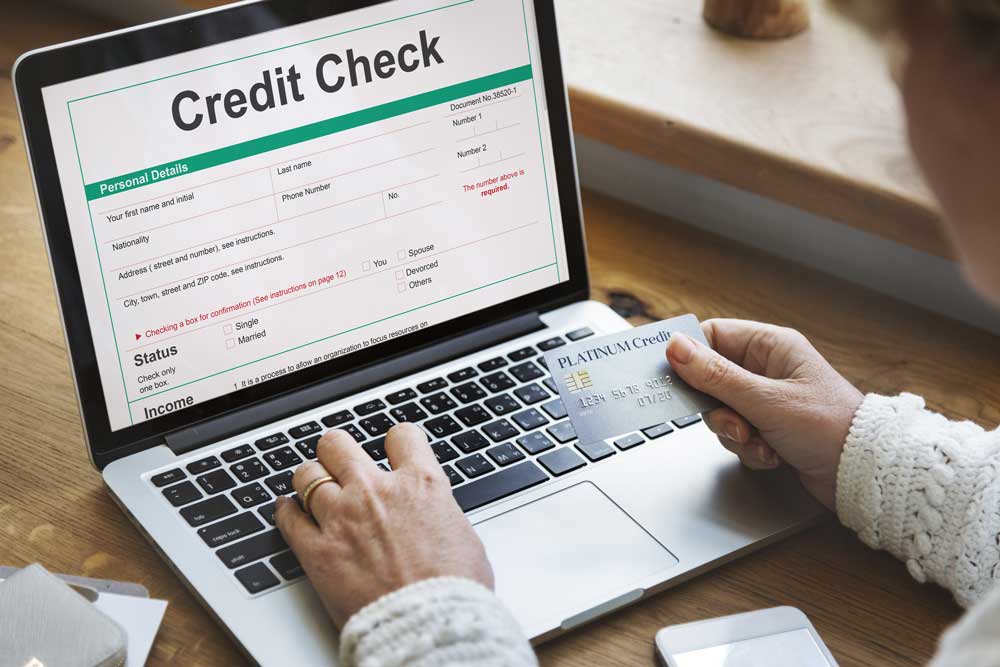Three Important Factors to Improving Your Credit History
It’s amazing how valuable a high credit score and solid history is to your financial success. Most people don’t find this out until their credit statuses are demolished and life becomes more complex. Poor credit history does more than just keep you from getting a loan when you want. It also makes it harder for you to rent an apartment, get a credit card, and obtain certain careers. It’s also worth pointing out that bad credit makes just about everything more expensive. The Impact of a Bad Score
What most consumers don’t realize is that bad credit makes life a lot more expensive. Service providers from utility companies to car insurance providers utilize your credit to determine how risky you are as a customer. The lower the score, the more you’ll be required to pay for utility deposits and car insurance premiums. Those who are fortunate enough to get approved for a loan with bad credit, they’ll pay way more in interest than a consumer with fair or great credit. So, it would be safe to say, that if your credit is less than stellar, you have some work to do. Here are three important factors to rebuilding your credit.
Clean Up Your Report
The first step is to clean up your existing credit history. You should get a full printout of your credit report from all three major bureaus. Then, clean up your report by doing the following:
- Dispute inaccuracies – did you find something on your report that shouldn’t be there? Inaccuracies, especially if listed as negative accounts, can wreak havoc on your credit. If the information isn’t correct, the account was never in your name, or the account has been on your credit report for more than 7 to 10 years, you can file a dispute with the credit bureau. They will review the information, contact the creditor, and update the account based on their findings.
- Pay Off Negative Accounts – inaccuracies are one thing that could ruin your credit, another is negative or collection accounts. If there are accounts on your credit report that are seriously past due or have been sent to collections, you need to get them resolved. Contact the creditor to negotiate a payment arrangement (that you can afford to honor), so that you can get the account back in positive standing or paid off.
Establish New Accounts
You’ve done the hard part and cleaned up your past credit history. All accounts listed are accurate, and any past due or collection accounts are being paid down as negotiated. To take things a step further, you need to add new accounts to your credit. This is to overshadow your past mishaps and show potential lenders, service providers, or employers that though you may have messed up, you’re back on the right track. As you likely still have poor credit, your options for new accounts are limited. Be that as it may, here are some options that can help improve your credit score.
- Credit Rebuilder Loan – You may have a hard time getting approved for a traditional loan, and most bad credit loan offers don’t report to credit bureaus, so your best option would be to get a credit rebuilder loan. Lender sites like westernshamrock.com have such loans which provide consumers with the opportunity to rebuild their credit. It’s a loan that works in reverse. You apply and get approved for the loan, however, the loan is not provided to you until after you’ve made the monthly payments and interest. This encourages you to make timely payments and is reported to the credit bureaus over the course of a year or so. Once finished, you have a lump sum of cash deposited into your account that you can use at your discretion.
- Credit Cards – Another new account option would be to apply for a credit card. Again, traditional options won’t be easy to get, so try other options. Secured cards are credit cards for bad credit that require a deposit. Gas or store cards are other applications that have more lenient eligibility requirements.
Set a New Standard
The last and final factor in rebuilding your credit score is setting a new standard. If you want to improve your score and show lenders, service providers, and employers that you’re reliable and trustworthy, you’ll need to be wise going forward. Make timely payments, keep your credit card utilization low, maintain a low debt-to-income ratio, and limit the number of new accounts and hard inquiries on your credit report.
There are several ways to improve a poor credit score. As you explore your options keep these three factors in mind. In order to fully rehabilitate your score you must first clean up the mess from the past, then establish new lines of credit, and finally show and prove by maintaining healthy financial management practices. After a few months of continued effort, your score should increase exponentially.




